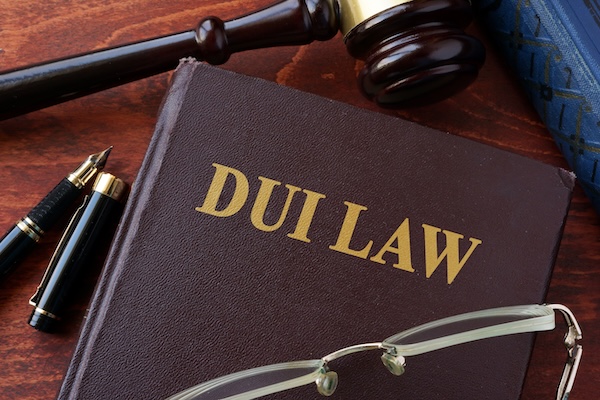You may have heard the terms DUI and DWI thrown around interchangeably, but it isn’t always that simple. Every state will have its take on the difference between the two terms as there isn’t a universally agreed-upon definition, and the Federal laws keep the offenses within one single classification. Since each state maintains its definition for the offenses, each state will have different punitive measures when dealing with a DWI or DUI. The punishment can range from simple fines to jail time. If you’ve been charged with DUI or DWI in North Carolina, an experienced DUI attorney can help.
DUI and DWI are not the only abbreviations in the mix. You may have even heard OWI and OUI being spoken on courtroom dramas.
So what do these abbreviations mean, and how does North Carolina classify them?
DUI vs DWI
The most common terms DUI and DWI mean Driving Under the Influence and Driving While Impaired, respectively. No matter which version is being used, if you’ve been convicted of one of the offenses, it means that you were operating a vehicle in an unsafe manner while impaired due to an intoxicating substance. DUI and DWI don’t narrow its focus to alcohol, as the substance can be anything that causes mental or physical impairment.
In terms of alcohol, there is a Federal limit to what level your blood-alcohol content (BAC). If you’ve been pulled over for suspicious behavior and you have alcohol in your bloodstream, you can be charged with a DUI if it surpasses the federal legal limit of 0.08%. Keep in mind that this is the federal limit and each state can have its limit in case of special circumstances, such as the driver being under the drinking age.
In some states alcohol-based DUI’s can sometimes be levied without the police using a breathalyzer to check your BAC. A DUI can also be issued based on police suspicion through a field sobriety test (FST).
While alcohol has a clear numerical value attached to the offense, you can get charged with a DWI if the substance is other than alcohol on a less scientific basis. I’ve you’ve used marijuana, cocaine, LSD, meth, or prescription medication that resulted in you driving in an impaired state, there currently isn’t a way to determine the level of impairment and the ticket will be subject to the discretion of the arresting officer.
If you have any amount of a schedule I controlled substance in your system, then the officer can issue a DWI and the state can convict you based on the “per se” violation, meaning that they don’t need to have evidence showing your impairment.
Schedule I drugs in North Carolina include a variety of drug compounds. A partial list includes:
- Opiates
- Heroine
- Morphine
- MDA
- MDE
- MDEA
Does North Carolina Differentiate Between DUI and DWI?
Before 1983, North Carolina used to manage DUIs and DWIs as separate offenses. As separate offenses, they carried different punishments as a DUI was considered a lesser offense to a DWI. In 1983, North Carolina introduced the Safe Roads Act which coupled the two crimes, and both are now classified as DWI.
DWI Sentencing in NC
There are many sentencing levels for a DWI charge. Yet, one thing is for certain; if you are convicted of a DWI, you will lose your license. The severity of DWI consequences will vary depending on your age, the number of offenses, and your license type.
With the two terms merged, the penalties for infringing the law can include:
- Having fines levied against you
- Having your license revoked or suspended
- Jail time and/or community service
- Driving reeducation/safety school
- Mandatory attendance of substance abuse assessment programs
The financial implications do not include any fees to the court and any fees you owe to your legal representation. North Carolina’s Department of Transportation can even hold fines over you as well as seeing an increase in your insurance premiums.
Accessory to a DUI
North Carolina also has a law that you can be prosecuted for aiding and abetting a DWI. Essentially, this means that if your friend is drunk or impaired in any manner any you give them the keys to drive, then you could also face a DWI. The punishment attributed to this is normally carried at the lowest tier (Level 5), it is still treated in all regards as a DWI.
If you or a loved one has been charged with a DWI, the best course of action is to seek legal representation. If you try and take on the case alone, you could face having your license revoked or even jail time. Contact Asheville DUI Guy for a free consultation with an experienced DUI attorney in Asheville.




